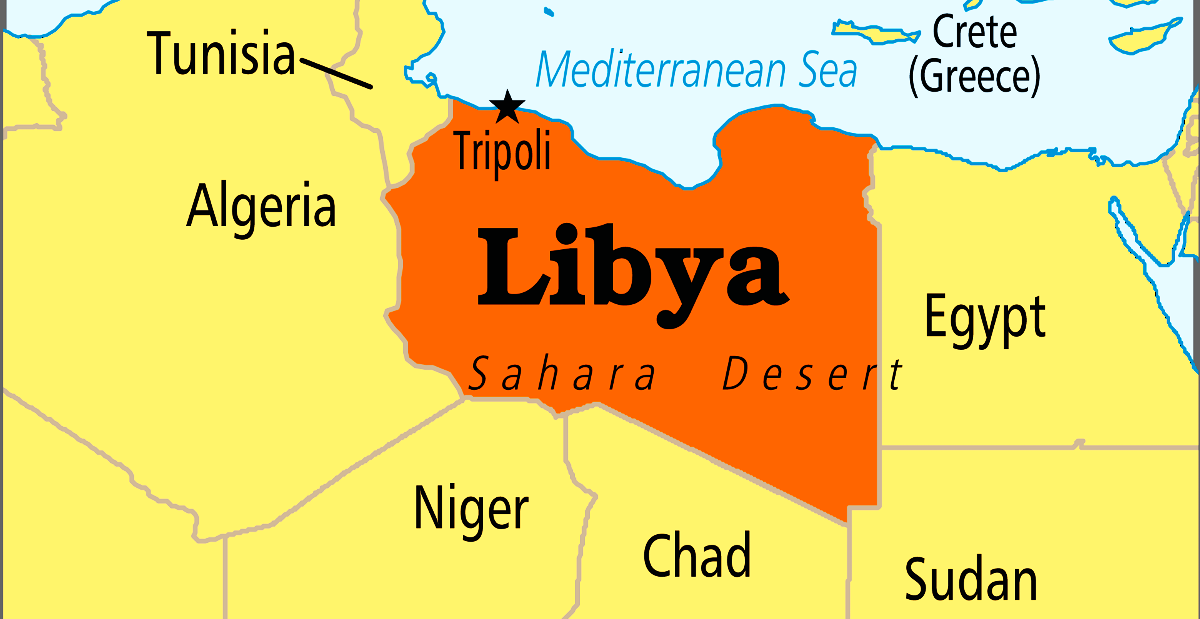Latest reports circulating in Tripoli and that have reached The Tanzania Times claim that Al-Ghenwa Al-Kikli, the controversial militia leader and head of the Stability Support Apparatus, in Libya has been killed.
Al-Kikli is said to have been assassinated by members of Brigade 444, which is a powerful armed faction aligned with the western-based Government of National Unity.
Details remain unclear, and no official confirmation has been issued by the Government of National Unity (GNU) or security agencies.
However, sources claim that an ambush was carried out earlier today as part of a broader operation to dismantle Ghenwa’s militia, which has been accused of fuelling chaos and undermining state control in the Libyan capital.

It was previously reported that the Armed Alliance was moving towards Dismantling Ghenwa’s Militia amid Tensions in Tripoli.
The coalition of armed factions, operating under the banner of the Government of National Unity (GNU) and led mostly by Misratan brigades, has begun a coordinated campaign to dismantle the militia headed by Al-Ghenwa Al-Kikli, one of Tripoli’s most notorious and controversial militia leaders who is now reported dead.
The large-scale mobilization of forces signals serious intent to disarm Ghenwa’s group by force if needed, following growing concerns over his destabilizing role in the capital. Armed convoys have already been seen on the outskirts of Tripoli, heightening tension in a city weary of past street battles.
The status of Ghenwa was previously unknown, with speculation swirling over whether he will flee or stand his ground, but now people say he has been gunned down.
Some unconfirmed reports suggest he may have already left Libya, but there is still a strong possibility he remained and attempted to resist, potentially triggering armed clashes in one of the country’s most densely populated urban areas.
For the GNU-aligned alliance, removing Ghenwa is seen as critical to reasserting control and restoring stability in Tripoli, where rogue militias have long undermined security and governance. The next moves on the ground could determine whether Tripoli sees a breakthrough, or another spiral into violence.

